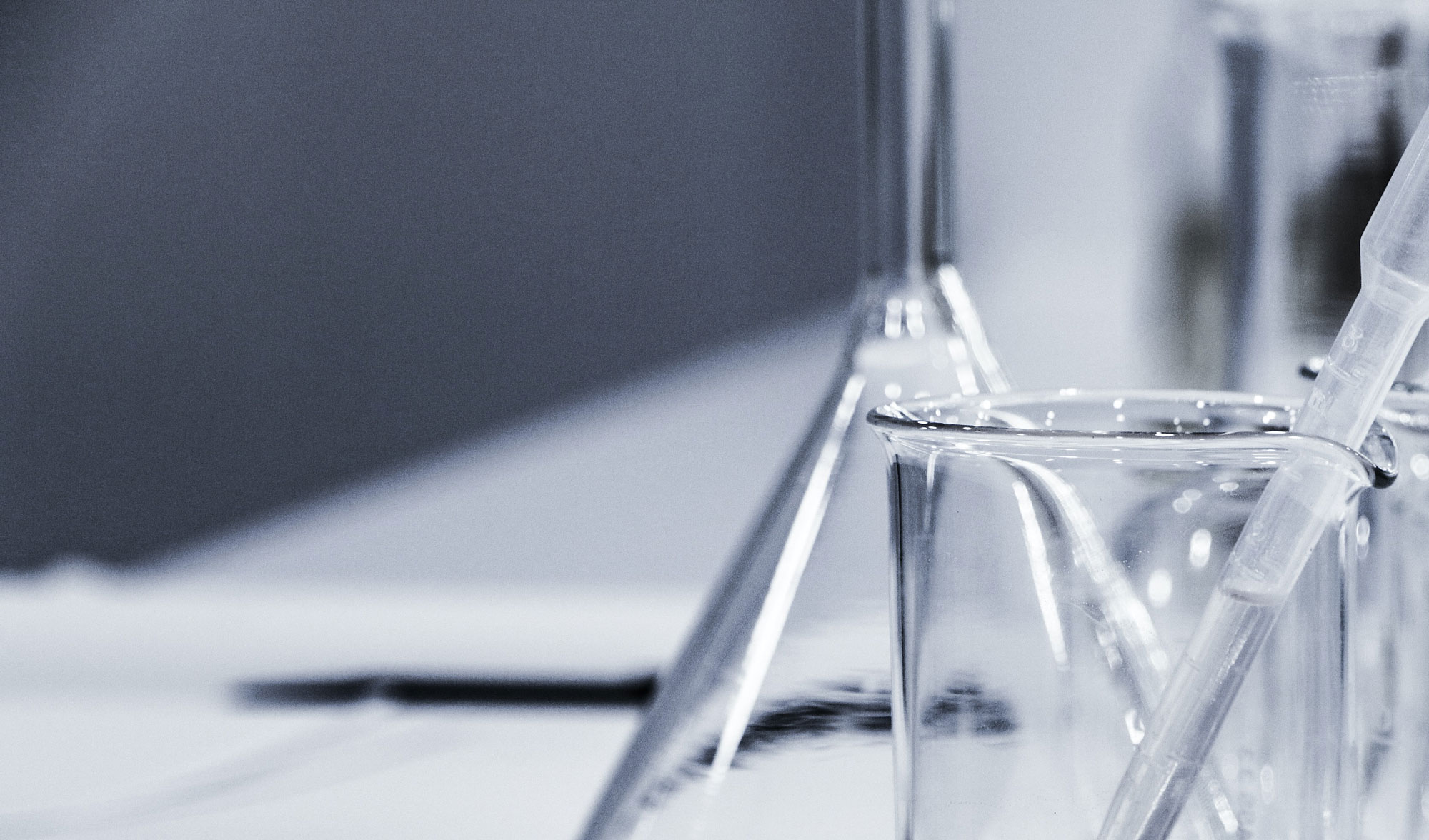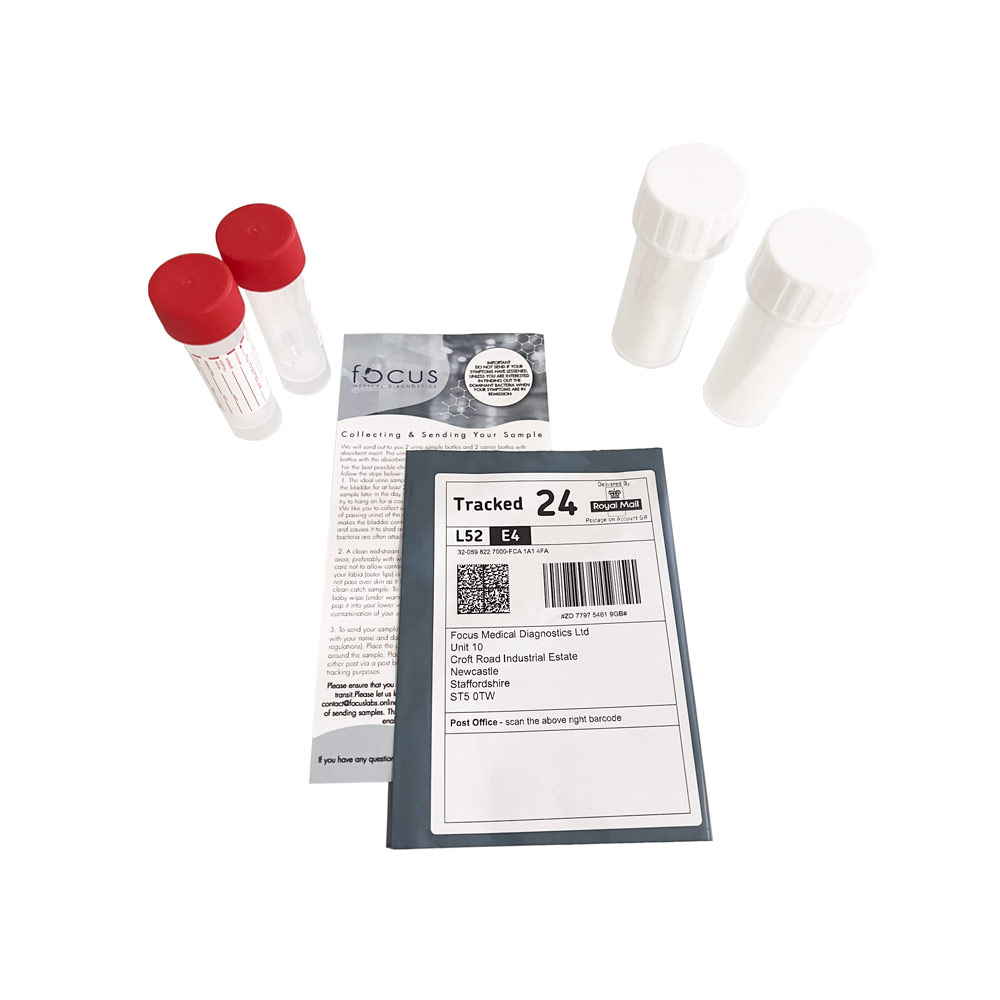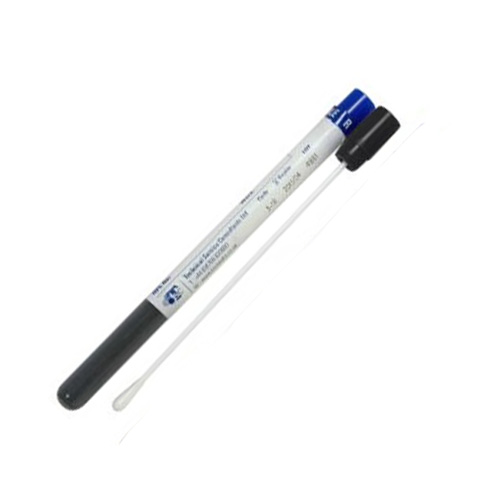Testing for Cystitis
Our test kits include a genital swab, a urine sample kit, or both. Your sample will analysed to detect the pathogens (bad microbes) which could be causing your symptoms.
Unlike traditional testing protocols, we recognise that microbes present in levels of less than 10,000 CFU per ml can still be significant to your health. We look at the full picture of your sample’s results by evaluating with both agar cultures and a liquid broth extraction culture (EQUC).
Our expertise in UTIs allows us to pinpoint the microbes within your results which are most likely to be causing your symptoms, and target them accordingly.



